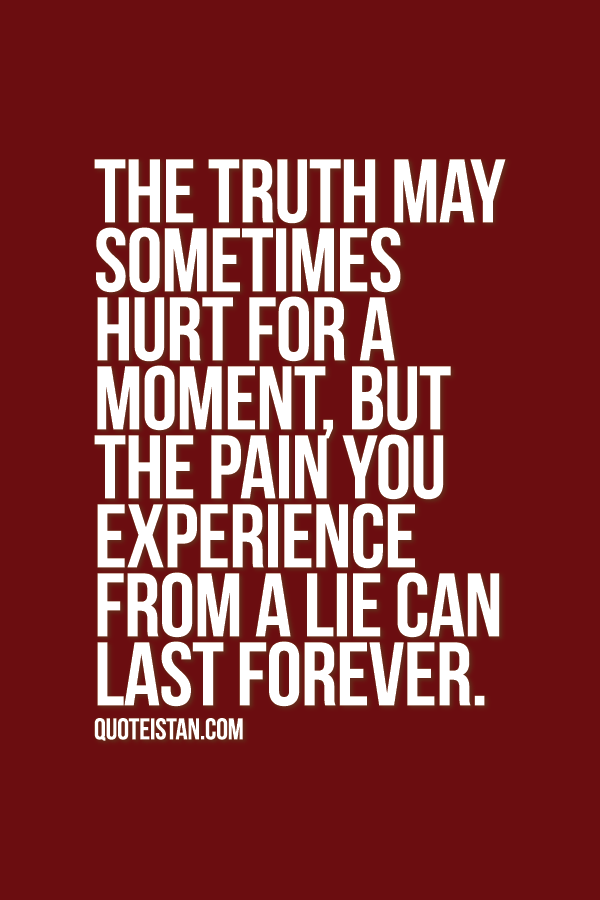When I was a little girl I would often wonder why my parents didn't hold hands or kiss on the lips, like I saw other parents do. I remember so clearly how I would reassure myself: “I'm sure they kiss and hold hands, just not when I'm around.”
About a decade later I began to understand. My parents had ceased being a couple, they had started having separate bedrooms and largely separate lives on weekends. To the outside world, we still looked like a normal family – an image my parents were rather careful to uphold. As they would later explain to me, they had decided to stay together to provide me, their only child, with the structure and support system of an intact family. From what I understand, they decided to sacrifice their own personal happiness and what felt true in their hearts for my sake.
Not that I am not grateful for what they did. It's hard to know what the alternative would have felt like. However, what no one seemed to have considered is how sensitive and intuitive children are. I can't have been more than six years old when I started sensing that my home was different. To this day, I can still feel the sadness, the confusion and the guilt over my parents not being able to live their truth.
I have always heard that Ahimsa (non-violence) is the first and principal yama (ethical principle). All other yamas relate back to it. So, when observing Satya, truth, the second yama, you have to ask yourself: Can I say it without being hurtful or violent?
But see, if the highest principle is “first do no harm”, it gets tricky when it comes to truth. It might not always be easy to hear it, but not telling the truth or never hearing it at all, creates much more suffering. Not being able to speak and live your truth starts eating away at your very substance, if you do it for too long. And how can you have a loving attitude towards others, if you are using so much of your energy to mask who you truly are? Moreover, the people who are not getting the truth from you, suffer too. They will feel the distance and disconnectedness. They will feel sad, or angry, or guilty, because you kept them at arm's length.
I don't think yoga philosophy is trying to say that withholding the truth is inherently, morally wrong. It is simply something that drains your energy – energy which could otherwise be directed into a healthy direction, invested into spiritual growth and, well, used for loving kindness in all our relationships. However, keeping the truth deep down and hidden creates frustration and miscommunication. Eventually that lid you were holding down over boiling water will blow up high, in all likelihood hurting other people on its trajectory.
So, maybe I am off course with this (and I am happy to admit if you think I am), but it seems to me that non-violence and truth are not separate and don't come in chronological order. One cannot exist without the other. I strongly believe that whatever you don't say causes doubt, confusion and distress. On the other hand, if you find the courage to be honest with yourself and others, even a child can feel that they mattered enough to rate the truth from you.
So did you say it? Did you live your truth today?


No comments.